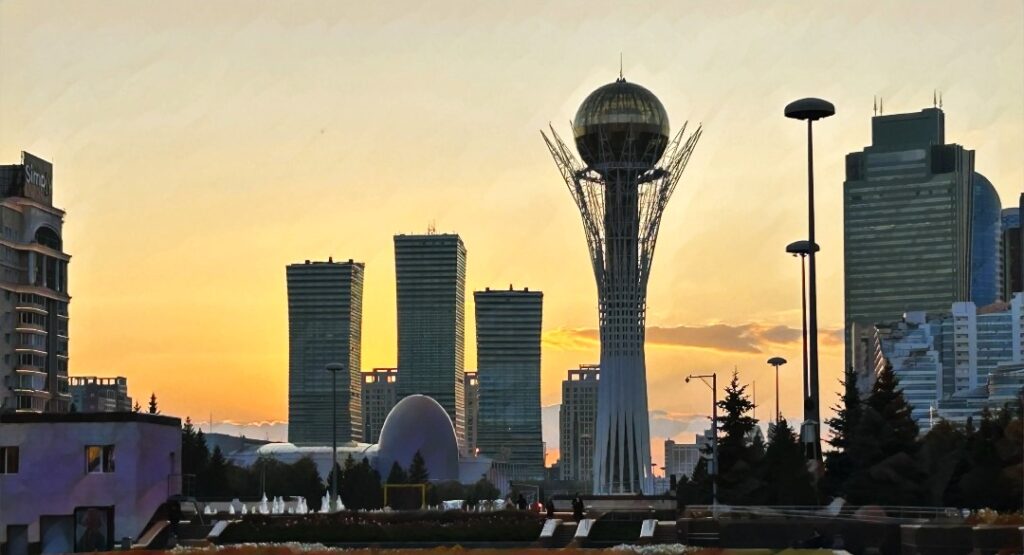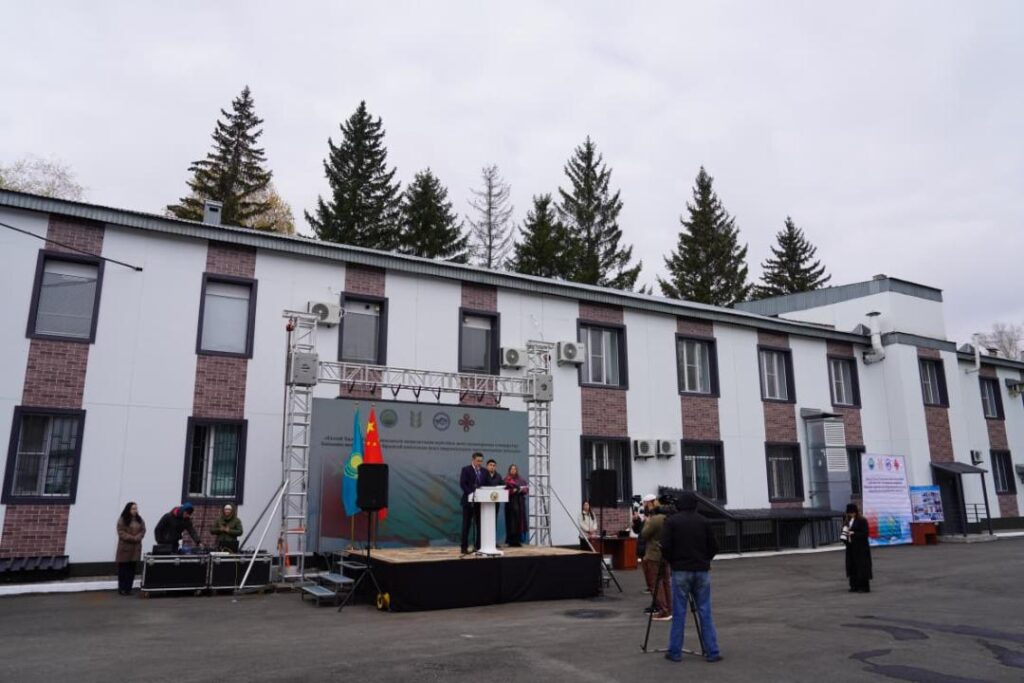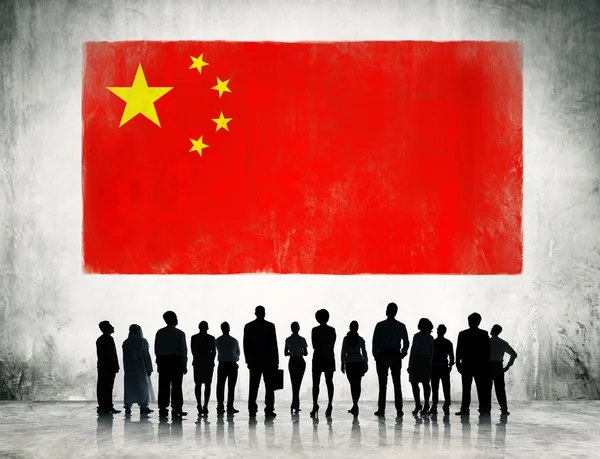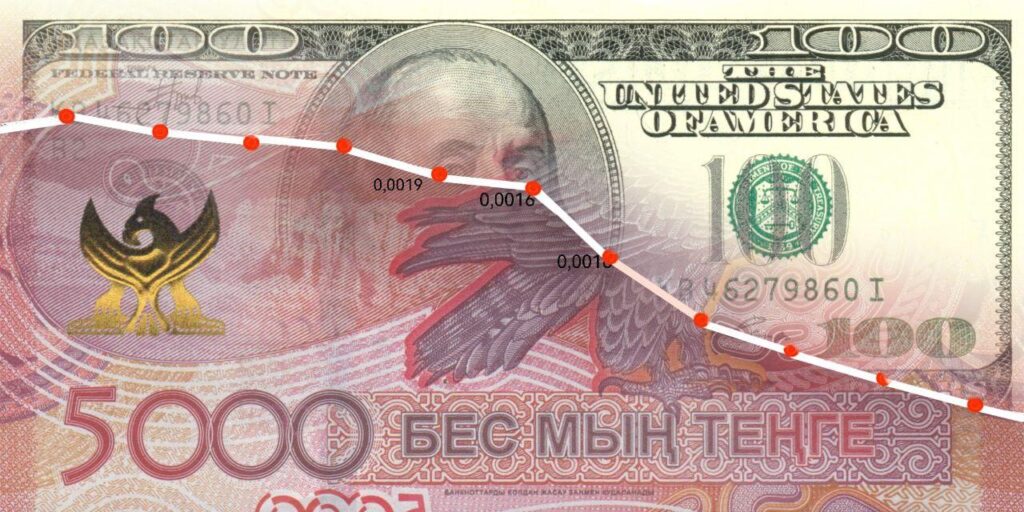Kazakhstan Strengthens Role as U.S. Key Trade Partner in Central Asia
Kazakhstan has emerged as the United States’ primary economic partner in Central Asia, accounting for the vast majority of regional exports to the U.S. and serving as the leading destination for American imports, according to Finprom.kz. While Central Asia’s share of total U.S. trade remains small, Kazakhstan’s role within the region is increasingly dominant. Kazakhstan Accounts for Over 96% of Central Asia’s U.S. Exports In 2024, Kazakhstan was responsible for 96.7% of Central Asia’s exports to the United States, totaling approximately $2.4 billion out of a regional total of $2.5 billion. Uzbekistan, the next largest exporter, contributed just $44.4 million. The trend is similar for U.S. goods entering the region. Kazakhstan imported $1.1 billion worth of U.S. goods in 2024, or 62.3% of all American exports to Central Asia. Uzbekistan followed with $380.8 million, while Turkmenistan and Tajikistan imported $82.2 million and $56.8 million, respectively. Despite this strong bilateral exchange, Central Asia remains a small player in U.S. global trade. In 2024, the U.S. recorded $3.27 trillion in goods imports and $2.06 trillion in exports, according to U.S. Census Bureau data. Even so, U.S.–Kazakhstan trade has grown meaningfully in recent years. Between 2019 and 2024, the U.S. share of Kazakhstan’s total trade rose from 2.3% to around 3%. Bilateral trade peaked in 2024 at $4.2 billion, the highest level in six years, with U.S. exports to Kazakhstan accounting for 53.2% of the total. Trade Growth and 2025 Downturn That growth slowed sharply in 2025. From January to August, total trade between the two countries fell to $2.1 billion, a 25.8% drop compared to the same period in 2024. Kazakhstan’s exports to the U.S. accounted for much of the decline, falling to $749.7 million in the first nine months of the year - about half the level recorded the previous year. Oil and oil products saw the steepest drop, falling 3.5 times to $269.1 million. Exports of uranium, silver, ferroalloys, tantalum, and titanium also declined, though these remain important categories. By contrast, U.S. exports to Kazakhstan remained relatively stable. Goods shipments fell just 4.8% year-on-year, totaling approximately $1.7 billion from January through September. U.S. exports to Kazakhstan continue to consist primarily of high-value manufactured goods, including vehicles, aircraft, agricultural machinery, computers, telecommunications equipment, and medical devices. Pharmaceuticals stood out in 2025, with American shipments of medicines and vaccines more than doubling to $249.3 million in the first nine months of the year. Investment and Business Cooperation Deepen Alongside trade, investment, and business cooperation between the two countries is also deepening. According to the Kazakh Prime Minister’s office, more than 600 companies with U.S. capital were operating in the country as of late 2025 – a large increase over the previous year. The number of Kazakh-American joint ventures rose by 5.6% over the same period. U.S. companies are active in a range of sectors, including IT, manufacturing, education, consulting, and trade. While the United States is not among Kazakhstan’s top trading partners by volume, the relationship is seen as strategically important. Amid...






